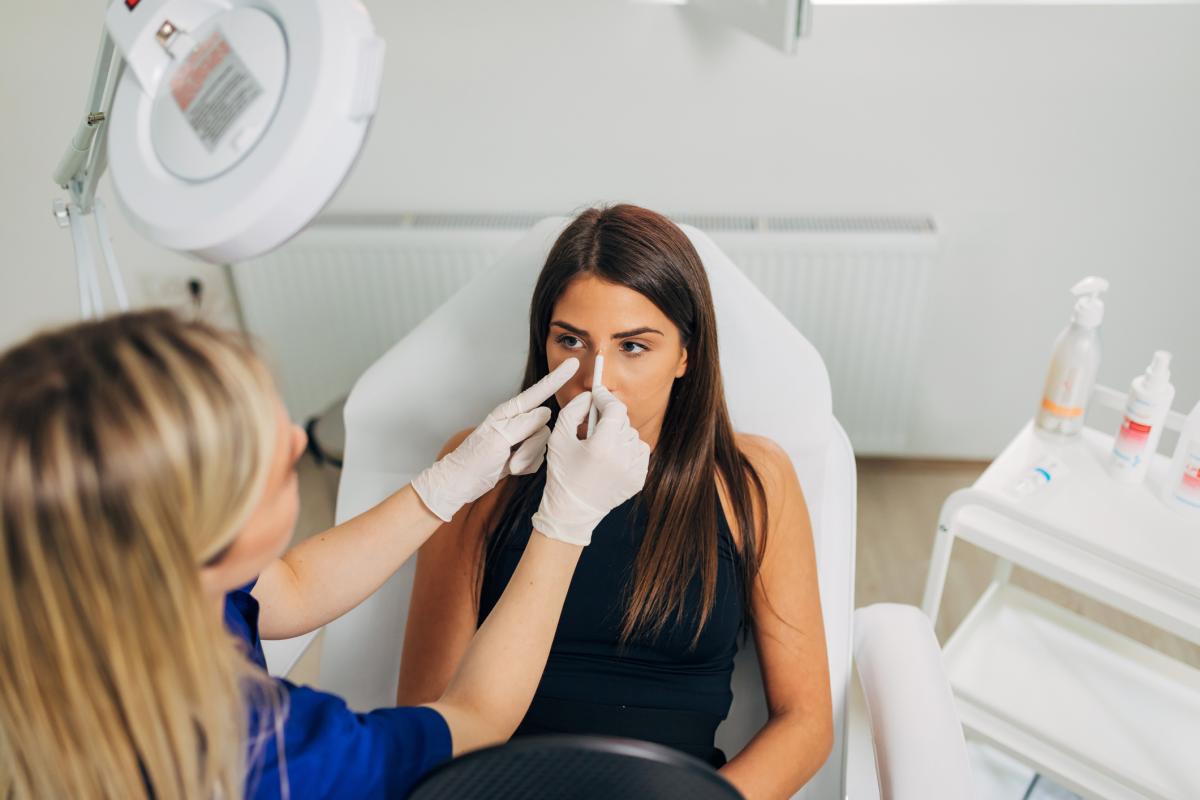A guide to cosmetic surgery


If you’ve ever thought about having cosmetic plastic surgery, you’re not alone. A recent consumer survey revealed that approximately 70 percent of Americans have given thought to having a little work done. The survey also revealed that Americans are feeling more confident about cosmetic surgery, which may explain its increasing popularity. If you’ve been giving more thought to having cosmetic surgery, you probably have lots of questions. In this short Q&A, I've answered some common questions so you can decide if you’re ready to take the next step.
Ready to explore some cosmetic surgery procedures? Please call us at 402.596.4000 to schedule a free consultation.
How safe is cosmetic plastic surgery?
Cosmetic plastic surgery is very safe. Like all surgery, however, there are risks. Risk is dependent in part on the overall health of the individual, length and complexity of procedure. Smoking adds additional risk, especially with certain procedures such as tummy tucks and facelifts.
What are the most popular types of cosmetic plastic surgery?
The growth of cosmetic plastic surgery continues to rise and has risen by 115 percent since 2000. Cosmetic plastic surgery focuses primarily on elective procedures that enhance and reshape structures of the body to enhance a person’s appearance. Breast augmentation, liposuction, nose reshaping, eyelid surgery, tummy tuck, facelifts and breast lifts are some of the more popular procedures.
Are there any age restrictions or other requirements I need to qualify for cosmetic surgery?
There are age restrictions and other qualifications that are required. For example, routine breast augmentation for a 15-year-old girl or a 70-year old woman is probably inappropriate except in the most extreme circumstances. We will also determine if you are healthy enough to undergo surgery, if your motivation for having cosmetic surgery is appropriate and if you have appropriate expectations about the results of the surgery.
Is there anything that would disqualify me from having cosmetic plastic surgery?
Some factors that may disqualify you from having cosmetic surgery include maturity, expectations, health risks such as diabetes, high blood pressure, heart disease, bleeding disorder, depression, inappropriate mental state or unwillingness to comply with appropriate preop and postop instructions, such as quitting smoking. Body dysmorphia syndrome, a condition in which an individual has an excessively negative perception of their body image, may also disqualify you.
Are any types of cosmetic plastic surgery covered by insurance?
Cosmetic surgery is rarely covered by insurance.
What type of qualifications and training should I look for in a good surgeon?
You should confirm that your doctor is board certified by the appropriate board such as the American Board of Plastic Surgery, and has had the appropriate residency training. The American Board of Medical Specialties is the gold standard of what boards are legitimate. You can also look at their experience, hospital privileges and ask to see patient photos as well as references.
What’s the best way to determine if cosmetic plastic surgery is a good option for me?
The best way to determine if cosmetic plastic surgery is right for you is to have a consultation with one of our plastic surgeons to discuss the procedure, your health and expectations.
What will happen at a complimentary consultation?
Before your complimentary consultation, you should do some research about your procedure options and prepare a list of questions to ask the surgeon. During the visit, your plastic surgeon will examine you to determine if cosmetic plastic surgery would be beneficial, review your goals and expectations, risks and benefits as well as before and after pictures. Digital imaging programs often can be used to demonstrate possible results, estimate costs of the procedures and expected recovery time. This is also a time for you to determine if the surgeon is right for you, listens to your needs and aligns with your goals.
How much does it cost and do I have financing options?
The costs will vary depending on the type of procedure performed. Financing options are available.


